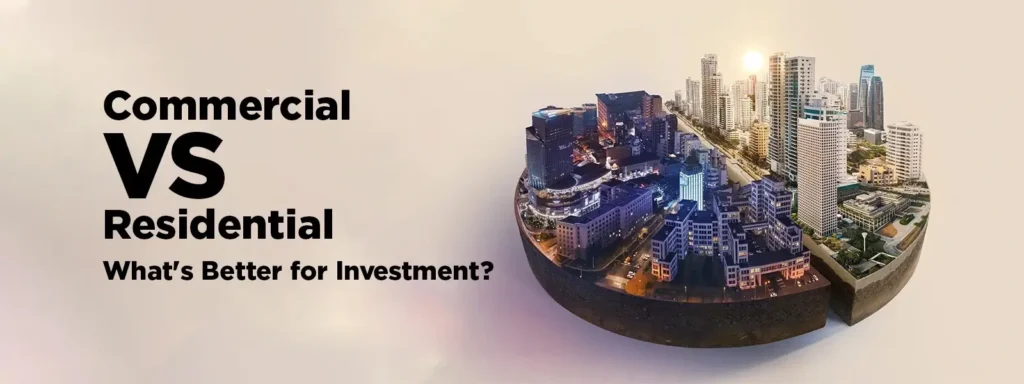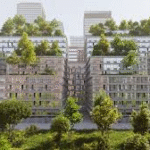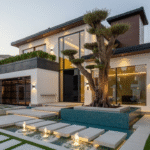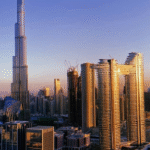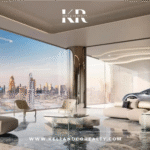Now Reading: UAE Real Estate 2025: Winners and Losers Revealed
-
01
UAE Real Estate 2025: Winners and Losers Revealed
UAE Real Estate 2025: Winners and Losers Revealed

Table of Contents
The UAE property market continues to evolve rapidly in 2025. With a mix of global investment, local development, and lifestyle shifts, real estate trends are shifting. Whether you are an investor, homeowner, or tenant, understanding what’s hot and what’s not in the UAE market can help you make smarter decisions.
This year, the focus has shifted from flashy skyscrapers to smart, sustainable living spaces. From Dubai to Abu Dhabi, buyers are looking for practical, well-connected, and environmentally conscious homes. At the same time, some areas and property types are losing their charm due to market saturation or changing buyer preferences.
Let’s explore the top real estate trends shaping the UAE in 2025.
What’s Hot in UAE Property Market 2025
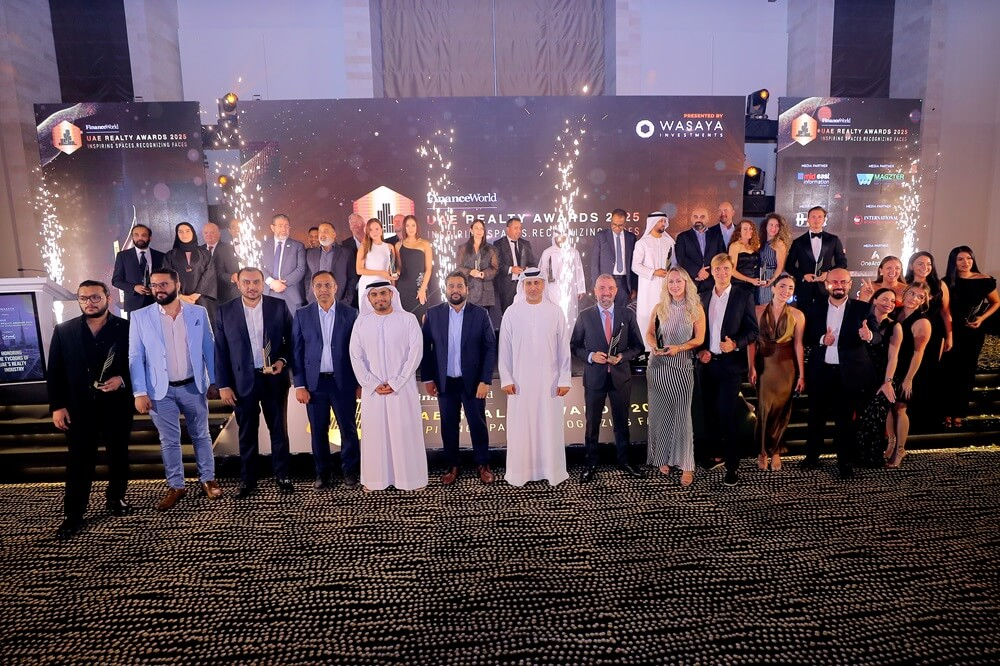
1. Smart and Sustainable Homes
Eco-friendly living is no longer a niche. Developers are now focusing on energy-efficient buildings, solar-powered villas, and communities with green certifications. Areas like Masdar City in Abu Dhabi and The Sustainable City in Dubai are attracting a lot of attention.
Homebuyers are seeking smart features like app-controlled lighting, smart locks, and home automation systems. New properties equipped with these technologies are selling faster and commanding higher prices.
2. Suburban and Gated Communities
In 2025, more families are choosing to live outside the city centers. Suburban areas such as Arabian Ranches 3, Dubai South, and Aljada in Sharjah are becoming hot spots for those seeking larger homes, community living, and quieter environments.
These areas offer spacious villas, townhouses, parks, schools, and retail options—perfect for those looking for a more relaxed lifestyle away from the urban rush.
3. Short-Term Rentals and Holiday Homes
Thanks to the rise of remote work and digital nomads, the demand for short-term rentals is booming. Properties near beaches, downtown attractions, and major business hubs are seeing higher rental yields.
Dubai’s policy reforms that support short-term rentals have opened up new income opportunities for investors. Airbnb-style listings in places like Dubai Marina, Palm Jumeirah, and JBR are proving very profitable.
4. Co-living and Co-working Spaces
Young professionals and startups are driving demand for flexible living and working spaces. Co-living apartments with shared facilities and furnished units are gaining popularity in urban zones.
Co-working spaces built into residential developments are also in demand. Areas like Business Bay and Jumeirah Lakes Towers (JLT) are leading this trend, attracting freelancers, entrepreneurs, and startups.
5. Luxury Properties Still Winning
Despite the focus on affordability, the luxury segment remains strong. Ultra-luxury properties in Emirates Hills, Palm Jumeirah, and Dubai Hills continue to attract global buyers. In 2025, high-net-worth individuals are seeking exclusive villas, private islands, and penthouses with premium amenities.
New off-plan launches offering beachfront living, branded residences, and world-class facilities are receiving a lot of investor interest.
What’s Not Hot in UAE Property Market 2025
1. Oversupplied Studio Apartments
In earlier years, studios were a quick investment option. But by 2025, many areas—especially in outer Dubai and less developed zones—are flooded with similar units. Rental yields have dropped, and occupancy rates are down.
Investors are now avoiding locations where there’s a visible oversupply and little differentiation in property offerings.
2. Outdated High-Rise Buildings
Older buildings in high-density areas like Deira, Bur Dubai, and some parts of Sharjah are losing their appeal. Many lack modern amenities, efficient layouts, and parking options.
Buyers today prefer modern designs, energy-saving systems, and well-maintained community areas. As a result, older properties are struggling to retain value and attract new tenants.
3. Properties Far from Transport and Connectivity
Projects in areas without good road access or public transport connections are less attractive. With RTA’s expansion plans and upcoming metro lines, buyers now prioritize connectivity.
Properties in isolated areas or those with traffic congestion issues are not seeing much interest. Proximity to metro stations, bus stops, and major highways is now a top priority for buyers and tenants.
4. Office-Only Buildings
With hybrid and remote work still popular, traditional office-only buildings are becoming less relevant. Businesses are downsizing or shifting to flex-spaces and virtual offices.
Older commercial towers with high service charges are seeing more vacancies. The market is moving toward mixed-use buildings that combine work, retail, and residential in one place.
5. Non-Freehold Zones for Expats
Expats are steering away from leasehold or non-freehold zones where property rights are limited. Instead, they prefer areas where they can get full ownership—especially popular in Dubai and Abu Dhabi.
Developers are responding by offering more freehold options even in emerging zones, increasing the attractiveness of those areas to foreign buyers.
Future Outlook: What to Expect
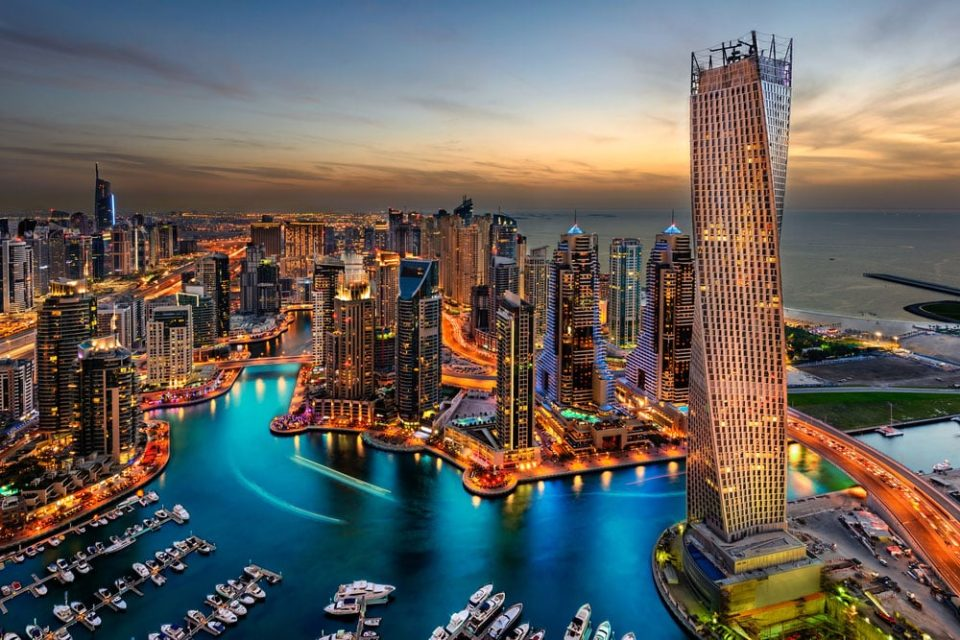
The UAE real estate market is entering a more balanced phase. Government policies, visa reforms, and long-term residency options are encouraging sustainable investment. At the same time, buyers are becoming more selective—seeking quality, lifestyle, and future value.
Some expected trends include:
- More off-plan launches with flexible payment plans
- Rise in demand for waterfront living in Ras Al Khaimah and Abu Dhabi
- Increased interest in fractional ownership and real estate investment platforms
- Demand for wellness-oriented communities with gyms, clinics, and green spaces
Conclusion
The UAE property market in 2025 reflects both innovation and practicality. While smart homes, suburban living, and co-living spaces are trending upward, the era of cookie-cutter studios and outdated towers is fading.
Investors and homebuyers who keep an eye on these evolving preferences will benefit the most. With Expo 2020’s legacy, new infrastructure, and ongoing reforms, the UAE continues to be a land of real estate opportunity—but with a modern twist.
Whether you’re planning to invest, rent, or relocate, keeping up with what’s hot and what’s not in 2025 will help you make informed, profitable decisions in the dynamic UAE property landscape.
Read More:- Why Smaller Lawns Are Smarter: Save Water and Money Fast 2025




